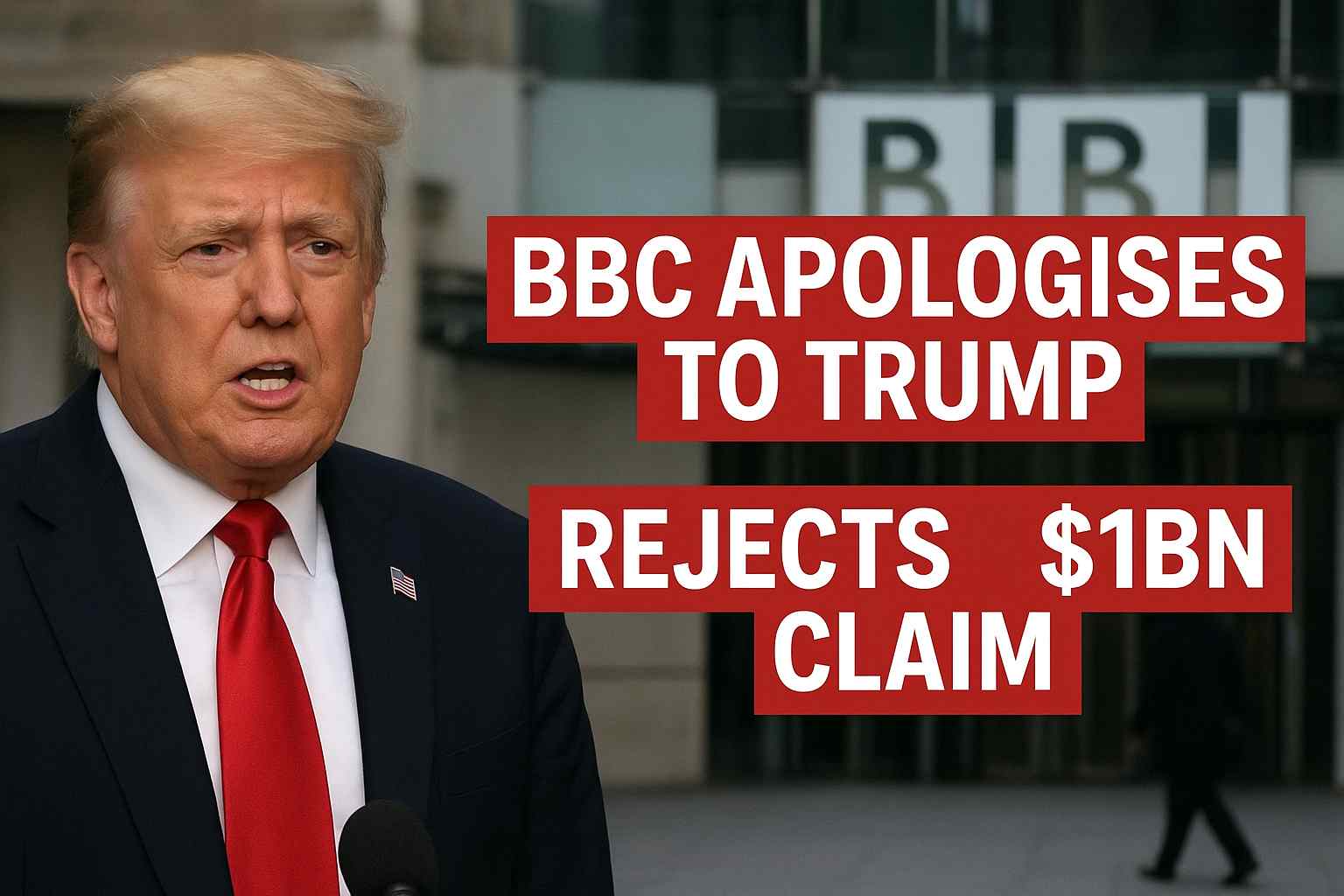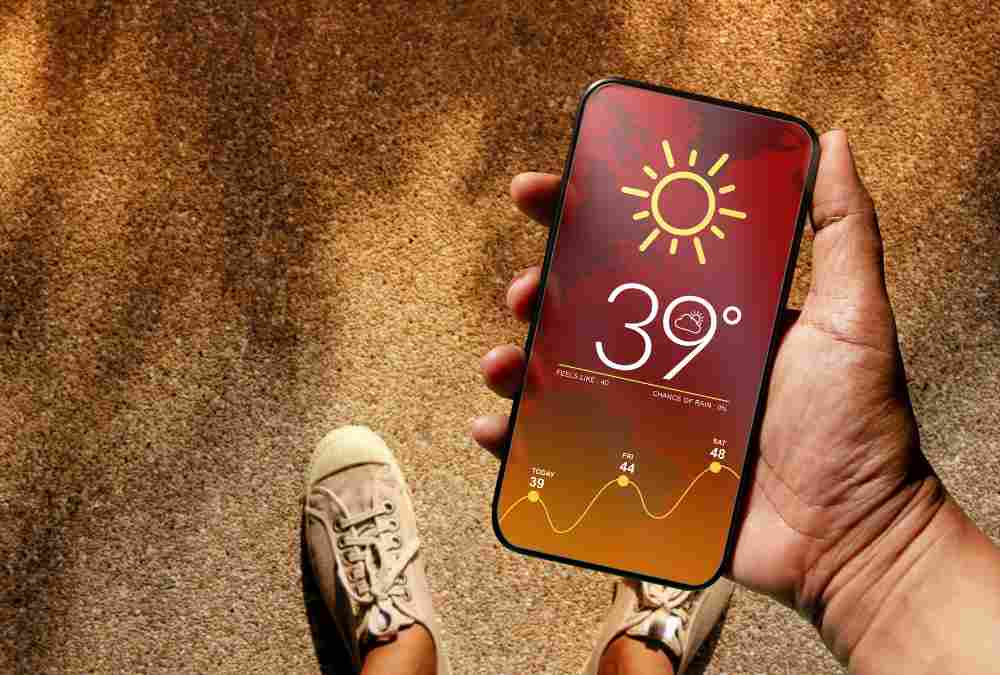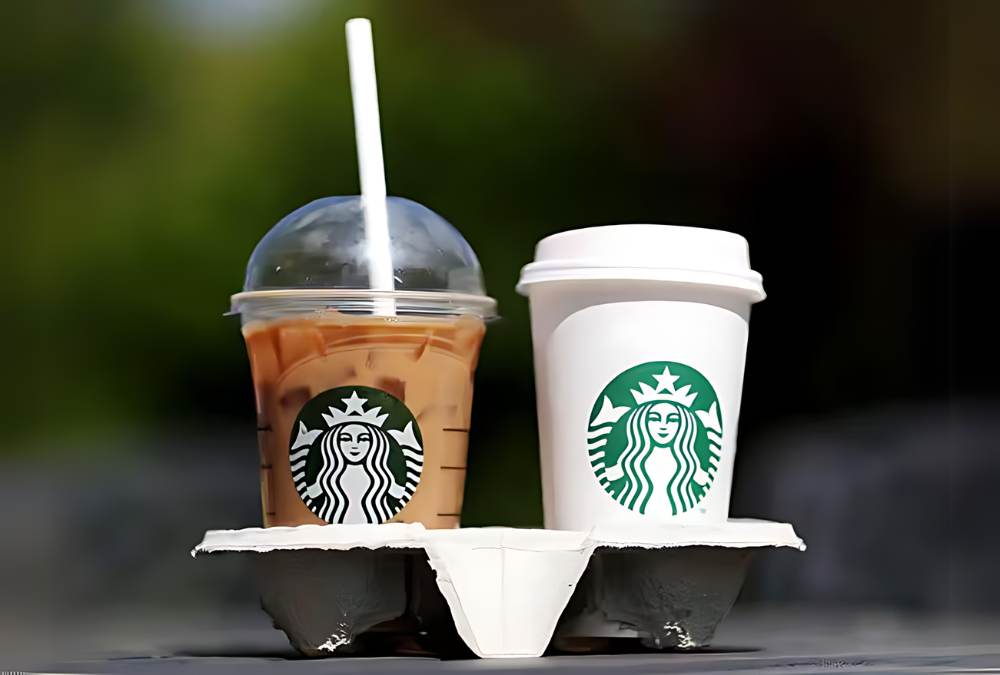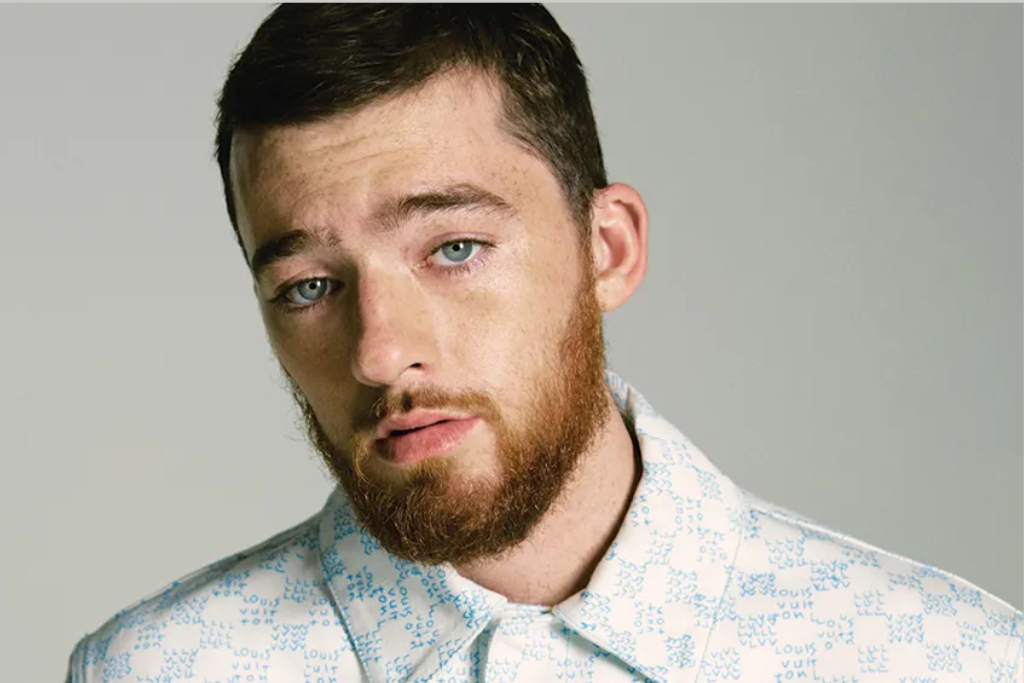Introduction
A major media controversy has erupted as the BBC issued an apology to US President Donald Trump over a misleading edit in a 2024 Panorama documentary. The edit spliced together two separate parts of Trump’s 6 January 2021 speech, accidentally creating the impression that he made a direct call for violent action. While the corporation has acknowledged the error, it has firmly rejected Trump’s demand for $1 billion in compensation sparking a heated debate over media accountability, political pressure and editorial standards.
BBC Apologises but Refuses Compensation
The BBC admitted that its Panorama edit “unintentionally created the mistaken impression” that Trump had encouraged violence during the Capitol riots. As a result, the episode will not be broadcast again.
However, despite issuing an apology, the BBC has rejected Trump’s claim for damages, stating there is no legal basis for defamation. The corporation emphasised that:
-
The edit was not malicious
-
It aimed only to shorten a long speech
-
Trump suffered no harm, having been re-elected afterwards
-
The documentary aired only in the UK, not the US
-
US defamation law heavily protects political speech
BBC chair Samir Shah also sent a personal apology letter to the White House.
Trump Threatens $1bn Lawsuit
Trump’s legal team sent the BBC a formal notice demanding:
✔ A full retraction
✔ A public apology
✔ Financial compensation for “harm caused”
Trump told Fox News that the speech was “butchered” and that viewers were “defrauded” by the way the clip was presented.
The BBC received the letter on Sunday and was given a deadline of Friday evening to respond.
Government Response and Editorial Concerns
UK Culture Secretary Lisa Nandy commented that while the government must uphold BBC independence, the incident raises questions about the corporation’s editorial consistency. She acknowledged a broader “emerging thread” of editorial challenges, noting that some guidelines are “not robust enough” or not consistently applied.
The fallout from the controversy has already led to high-profile resignations, including:
-
Tim Davie – BBC Director General
-
Deborah Turness – Head of News
New Claims of a Second Misleading Edit
Just hours before the apology, another case surfaced involving a Newsnight broadcast from 2022. That edit also merged separate parts of the same speech, followed by a voiceover linking Trump’s words to the Capitol riots.
Former White House chief of staff Mick Mulvaney publicly called out the edit during the broadcast, stating the clip was “spliced together”.
Trump’s legal team now alleges a “pattern of defamation” by the BBC.
What Was Actually Said in Trump’s Original Speech?
Trump’s speech on 6 January 2021 contained two separate statements delivered over 50 minutes apart:
-
Early in the speech:
“We’re going to walk down to the Capitol, and we’re going to cheer on our brave senators and congressmen and women.” -
Later in the speech:
“And we fight. We fight like hell.”
The Panorama programme presented the sequence as continuous, creating a misleading impression of intent.
BBC’s Five-Point Legal Defence
In its letter to Trump’s legal team, the BBC outlined its core defence:
-
The programme did not air in the US, limiting jurisdiction.
-
Trump suffered no harm, having been re-elected afterwards.
-
No malice was involved; the edit was for time constraints.
-
It was a brief segment, not the core focus of the documentary.
-
Political speech is heavily protected under US defamation law.
Internally, the BBC reportedly believes its legal position is strong.
Conclusion
The clash between Donald Trump and the BBC highlights the delicate balance between journalistic editing, political sensitivity, and legal responsibility. While the BBC has apologised and acknowledged its mistake, it continues to stand firm against the claim for compensation. As the controversy escalates—and more edited clips come to light—the debate around media trust and editorial integrity is likely to intensify.



